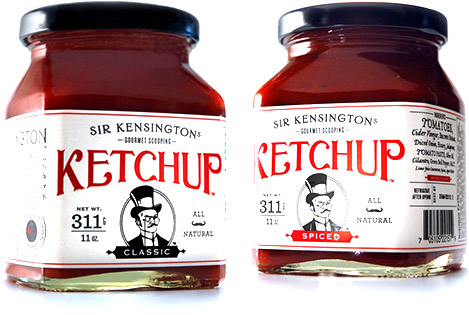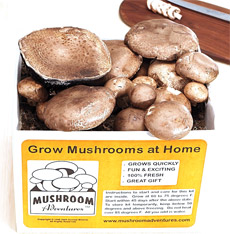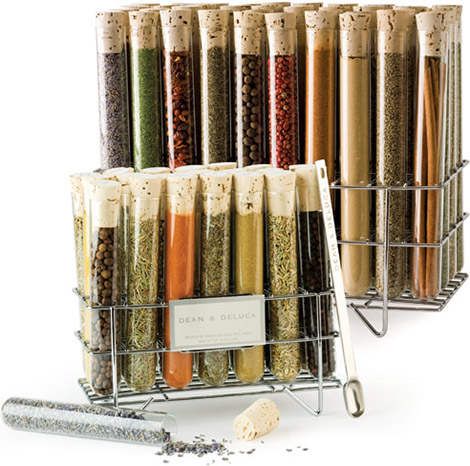Canadian Slang Terms to Know Before Moving Up North

Canada and America are incredibly close, but there are still language differences that can’t be ignored! From things like the food you eat to the alphabet, you’ll quickly realize the differences can add up until you feel like you’re speaking a different language entirely.
These are some of the most common Canadian terms to get to know before you move! Adding them to your language in conversations will help you fit in better once you move.

Toque
If someone compliments your toque (pronounced tooke), you may be confused or assume it means a coat, but it’s a knit cap like a beanie. These warm and comfortable hats are also incredibly common in America, but knowing the term can help make conversations a little less confusing in the winter!
Tims
The love affair between Canadians and Tim Horton’s can’t be compared to anything else. This coffee shop has everything from delicious breakfast foods to arguably the best coffee in the country, and it’s something you’ll get to know well if you decide to live in Canada. If someone offers to go pick up some Tims, they’re not getting a carful of random men named Timothy; they’re offering to pick up some coffee and baked goods.

Molson Muscle
This is a more fun term to learn, but it can be embarrassing to get wrong. For example, if someone compliments your Molson Muscle, you may think that they’re saying you’re fit or muscular, but what they’re pointing out is a beer gut or a tummy. It’s usually meant endearingly, but don’t use it on people you don’t know that well.
Hydro
Paying your hydro may sound like you’re paying an employee or possibly a car wash, but it’s the term used for utilities in Canada. In America, these are usually just referred to as electricity or as utilities, but hydro is the term most Canadians use.
The Accent
The Canadian accent is something many Americans like to tease and replicate, but the way it’s pronounced in America isn’t quite right. For example, if you’re out and about looking for Calgary homes for sale, you may think it’s pronounced. ‘oot and aboot,’ but the pronunciation is closer to ‘oat and aboat.’ This may not seem like a big difference, but if you try to replicate the accent to fit in, they’ll quickly be able to tell if you’re faking.
Zed
Suppose you’re moving with young kids or considering starting a family in Canada. In that case, this is an important one to know since it’s a major difference between something Americans say every day and something Canadians say. Instead of saying Zee when pronouncing the last letter of the alphabet, Canadians say Zed. This may not seem like a big deal, but if you want your kids to fit in at school, they must know their Aye to Zeds instead of Aye to Zees.
Canada and America aren’t so different! Get comfortable using some of these terms, and you’ll fit in like a natural citizen.




